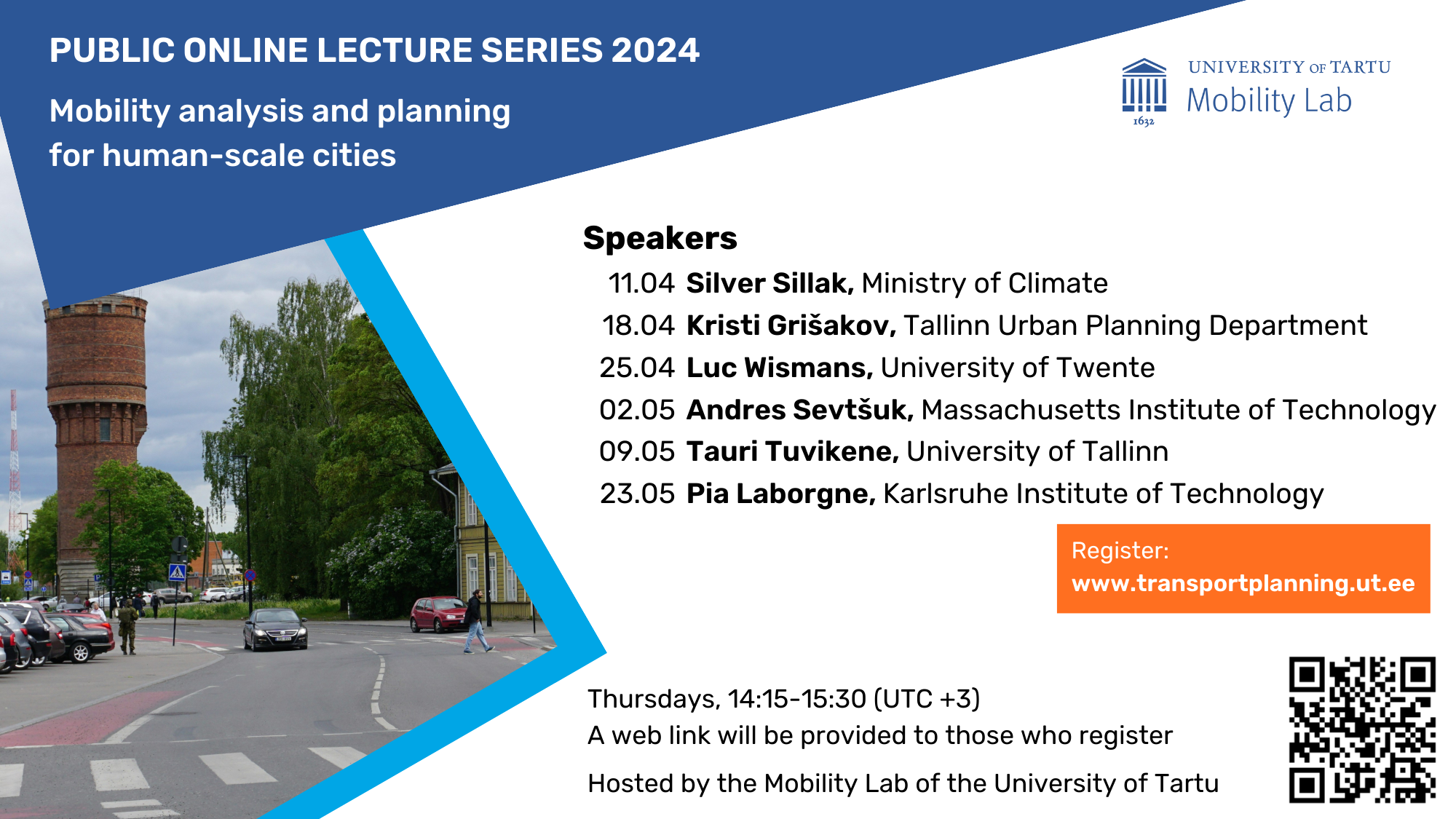Lectures 2024
Public online lecture series “Mobility analysis and planning for human-scale cities”
The lecture series, arranged by the Mobility Lab, University of Tartu, features experts and leading scholars in the field of mobility and transport from Estonia and beyond. The lecture series seeks to answer the question of how to promote human-scale, sustainable, and just cities through mobility analysis and transport planning. The lectures address transport policy, social transitions towards sustainable mobility systems, the social, environmental and health aspects of mobility and transport, accessibility concept, travel modes and their integration, and novel data and methods in mobility analysis and transport planning.
Check the schedule of the lectures below.
The lecture series is part of the graduate-level course “Mobility Analysis for Planning” in the Geography study programme at the University of Tartu. Therefore, some of the lectures are held in Estonian.
More information: Siiri Silm (siiri.silm [@] ut.ee), Age Poom (age.poom [@] ut.ee)
Mobility Lab of the University of Tartu

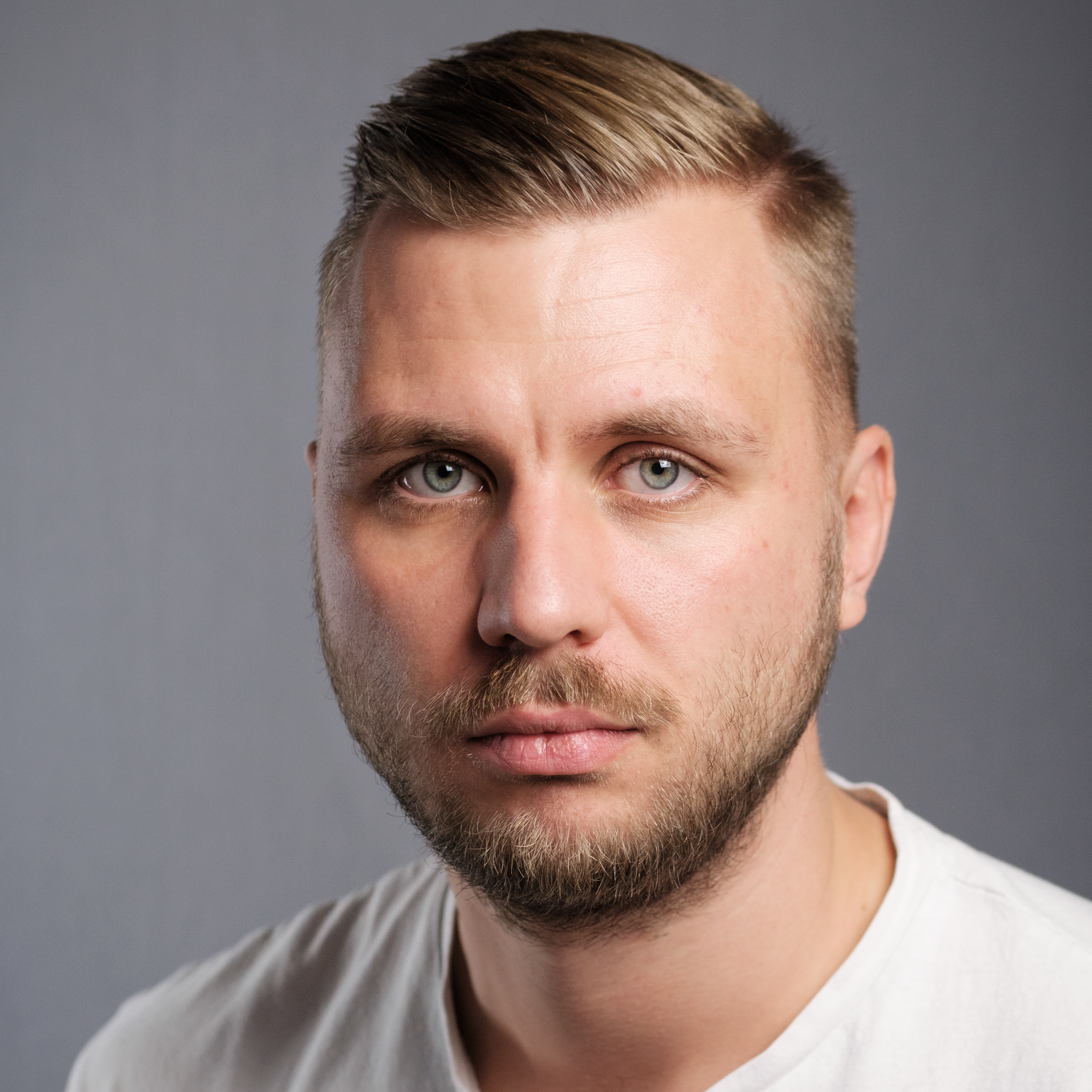 |
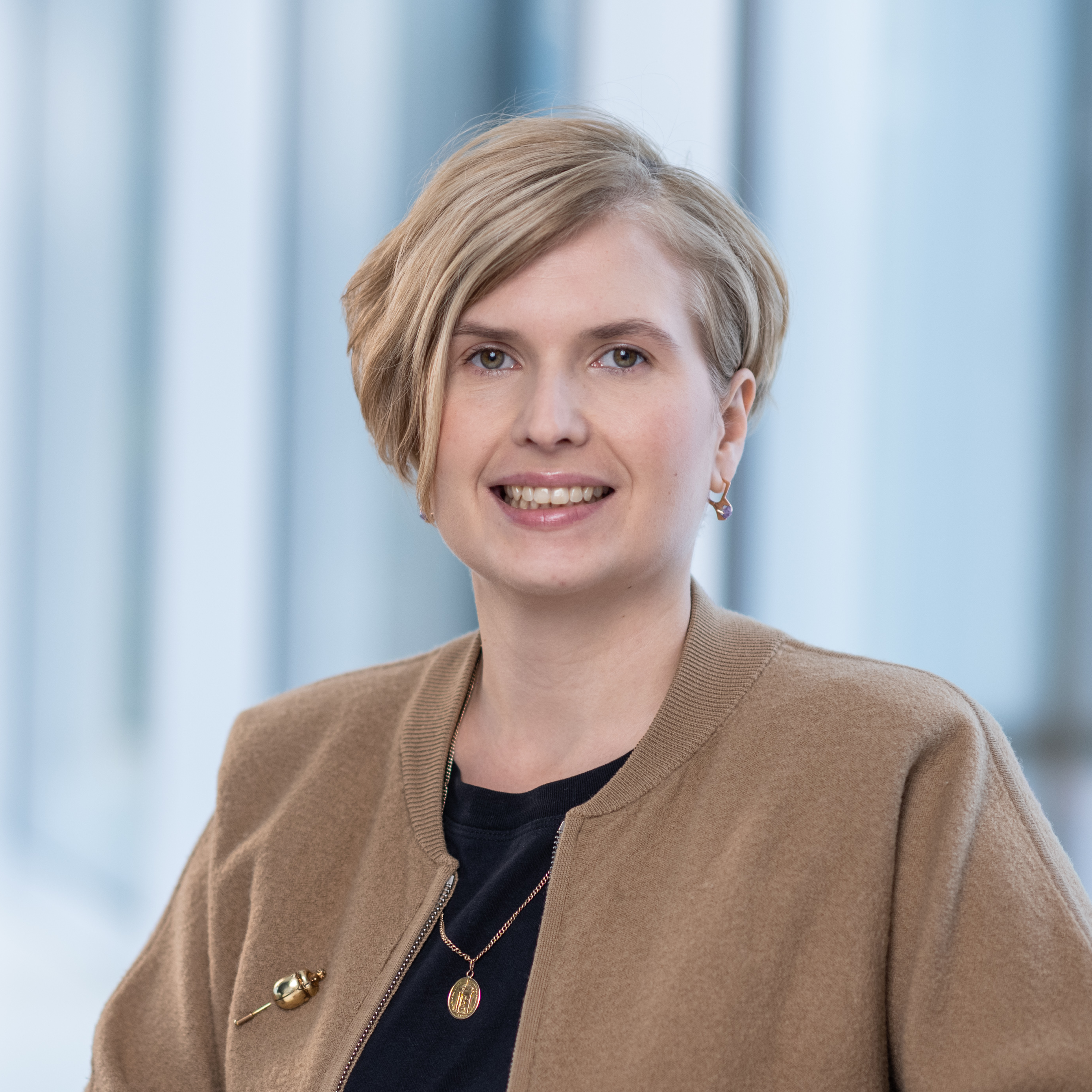 |
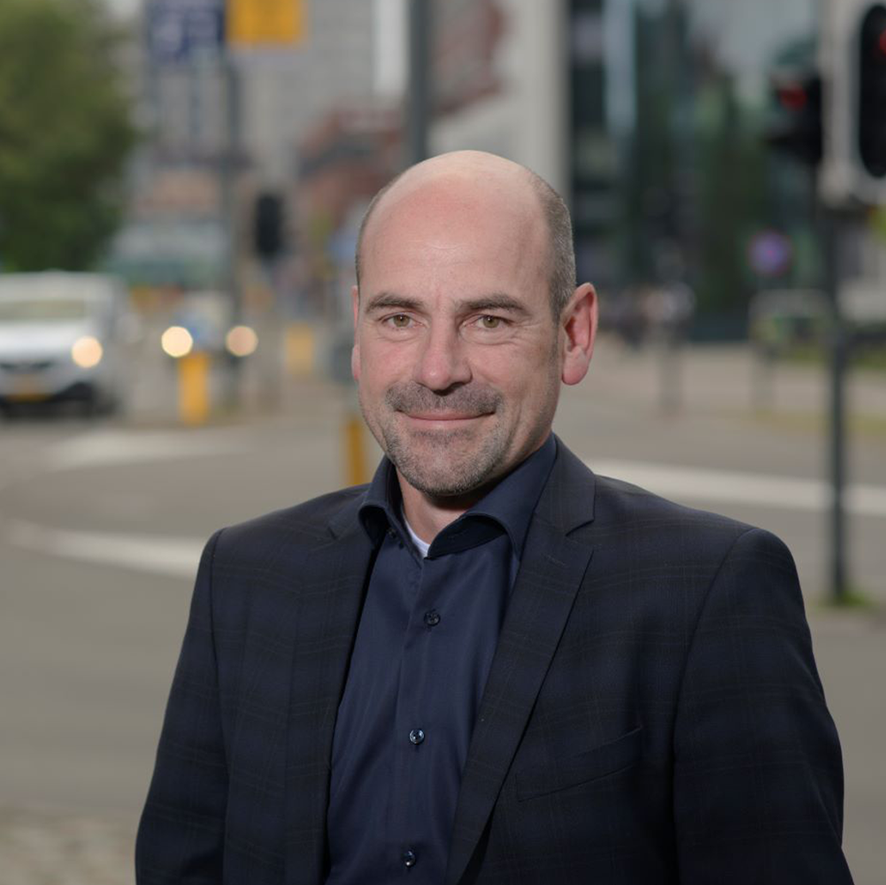 |
||
PhD Silver Sillak
|
PhD Kristi Grišakov
|
Assoc. Prof. Luc Wismans
|
||
How will climate policy affect mobility? |
Tools for envisioning spatial futures (in mobility) for planners |
Decision information: developments in transport modelling |
||
| Silver Sillak currently works as an advisor in the Climate Department of the Ministry of Climate, where he contributes to the development of climate impact-reducing policies in the field of transportation and mobility, as well as the drafting of the Estonian Climate Act. Prior to this, he worked as a junior researcher at Aalborg University, advising local governments on the development and implementation of strategies for transitioning to renewable energy. He also worked with the pan-European environmental NGO network Bankwatch, monitoring the transparent and environmentally sustainable use of public sector funds. Additionally, he conducted research at the University of Tartu. | Kristi Grišakov leads the Detail Planning Department at the Tallinn City Planning Office. Previously, she headed the policy and analysis division of the Spatial Planning Department at the Estonian Ministry of Regional Development and Agriculture. Before that, she worked at Tallinn University of Technology as a program manager, overseeing several research projects. Kristi’s research focuses on the intersection of strategic spatial planning and methods of future thinking. She has served as the editor of the future chapters in the last two Human Development Reports in Estonia. Kristi holds a doctoral degree in spatial planning and urban studies. | Luc Wismans is an Associate Professor at the Transport Engineering & Management group of the University of Twente and Director of Technology & Innovation of Goudappel, which is the largest traffic and transport consultant in the Netherlands. Luc is an expert on traffic management/ITS, smart mobility and transport modelling and working on developing new modelling approaches, methods and algorithms, including combining these methods with data science methodologies. Being part of science and practice, he is working at the sweet spot of integrating scientific developments in practice and translating practical needs into science. | ||
| The European Union’s climate regulation, aiming for climate neutrality by 2050, along with the “Target 55” climate policy package, sets highly ambitious targets for the transport and mobility sector, requiring significant changes. In Estonia, the greenhouse gas emissions from the transport sector have been increasing year by year, but at the same time, there is a substantial potential for emission reduction. The Estonian Climate Act will outline how to realize this potential. Preparation for the drafting of the Climate Act has been underway since last autumn, involving not only officials from various ministries but also a climate council consisting of hundreds of stakeholders, scientists, and experts. New analyses have been conducted, and public discussions have taken place. As a result of this process, potential additional activities and measures contributing to a significant reduction in the climate impact of the transport and mobility sector have been identified. In this lecture, we will discuss together which activities could have the greatest impact and how to implement them effectively. | The future has always been uncertain and obscure. Still, in the present era, we tend to amplify the uncertainty about the future, constantly seeking tools to navigate through the thicket of future trends and uncertainties. Future planning should be one of the fundamental tasks of spatial planning, including mobility planning. However, planners often lack the time, motivation, and methods for this endeavour. This lecture is based on Kristi Grišakov’s doctoral thesis defended in the fall of 2023, which explored the connections between future thinking and strategic planning.This lecture introduces the basics of future thinking, including the creation of scenarios, and suggests ways to integrate future thinking more easily, consciously, and confidently into everyday spatial decision-making. | In his lecture, Luc will provide some background on transport modelling but will focus on the various developments and trends which are changing what decision information is needed and the way decision information is produced resulting in various innovations on this subject. Sustainable development goals as well as digitalization are important causes for these developments in transport modelling. | ||
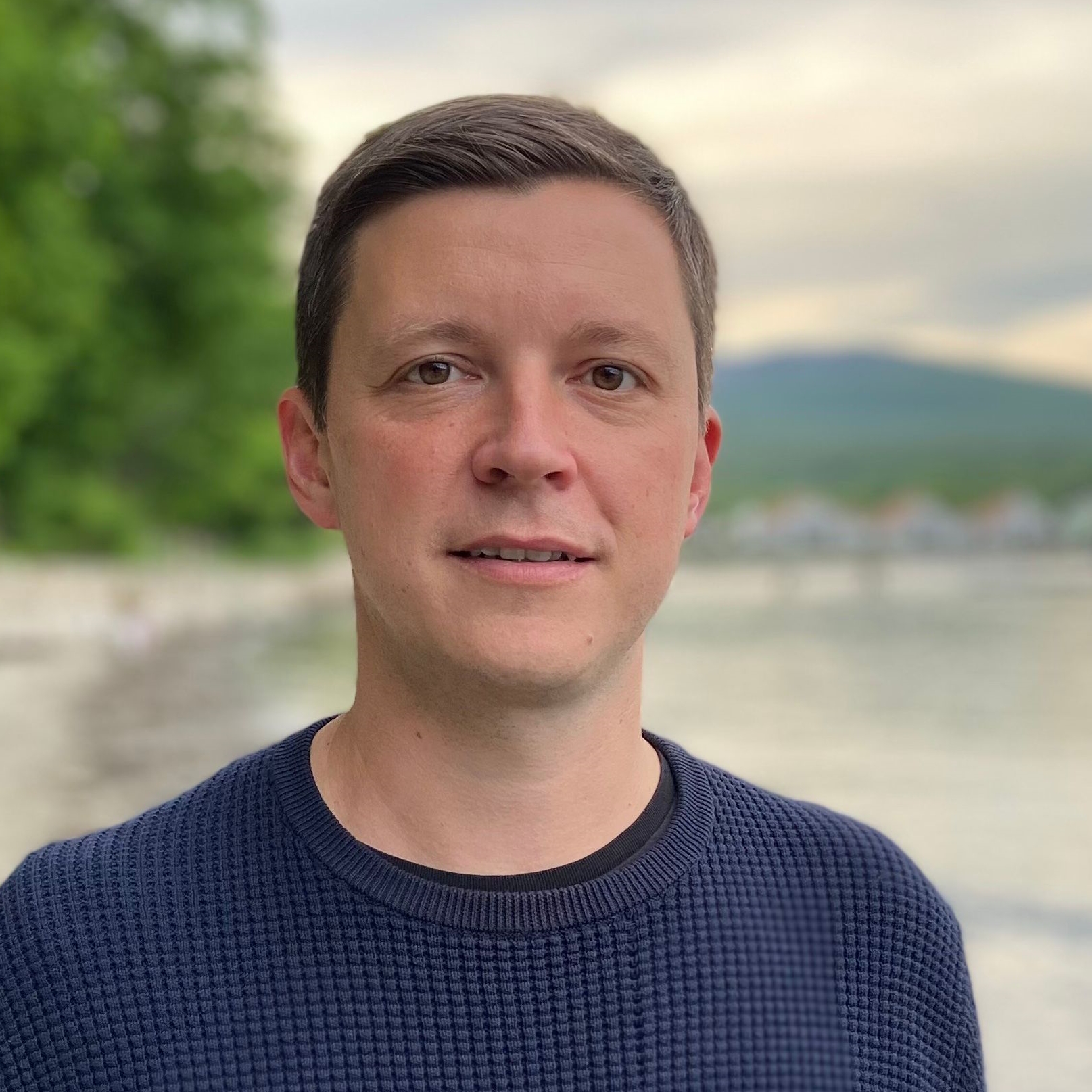 |
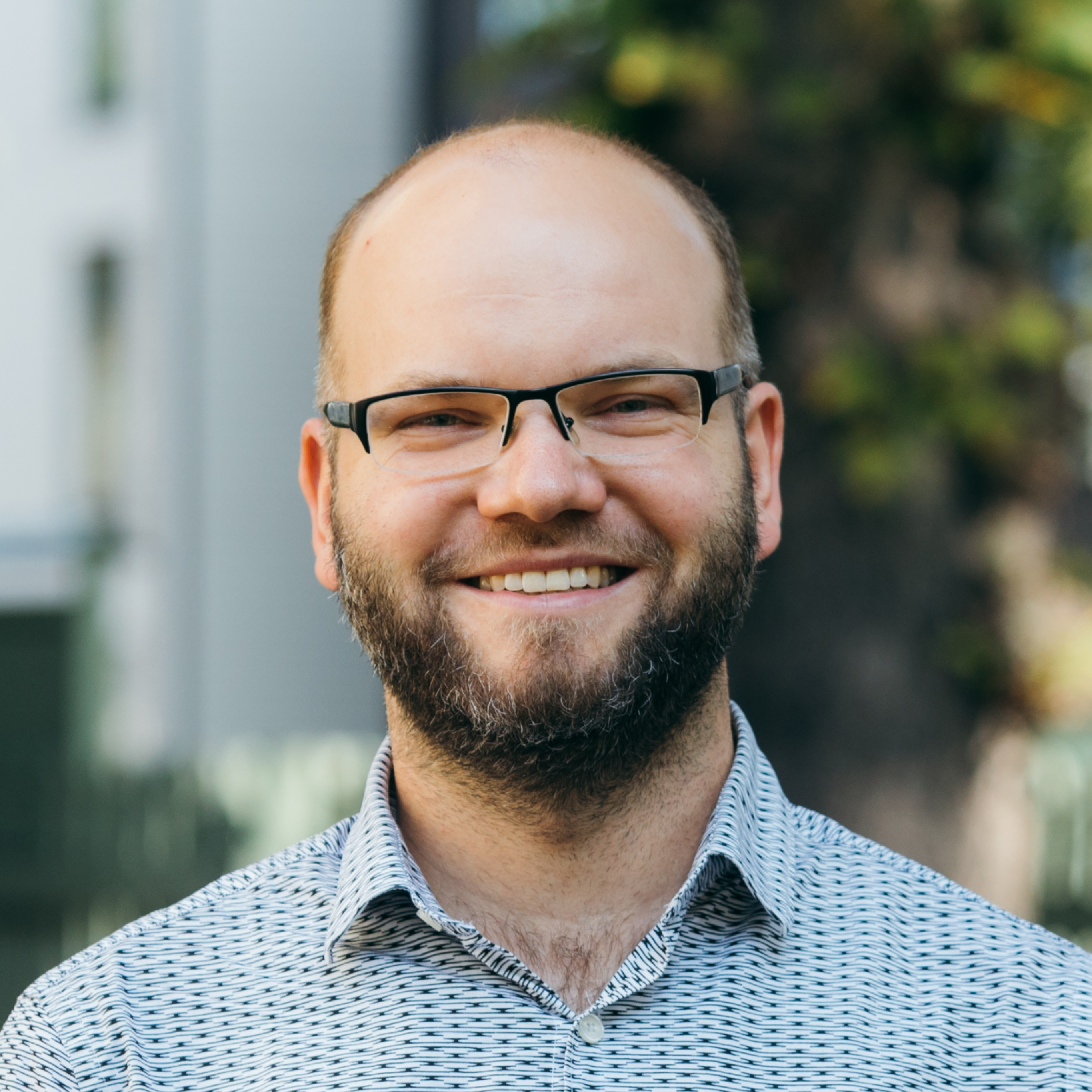 |
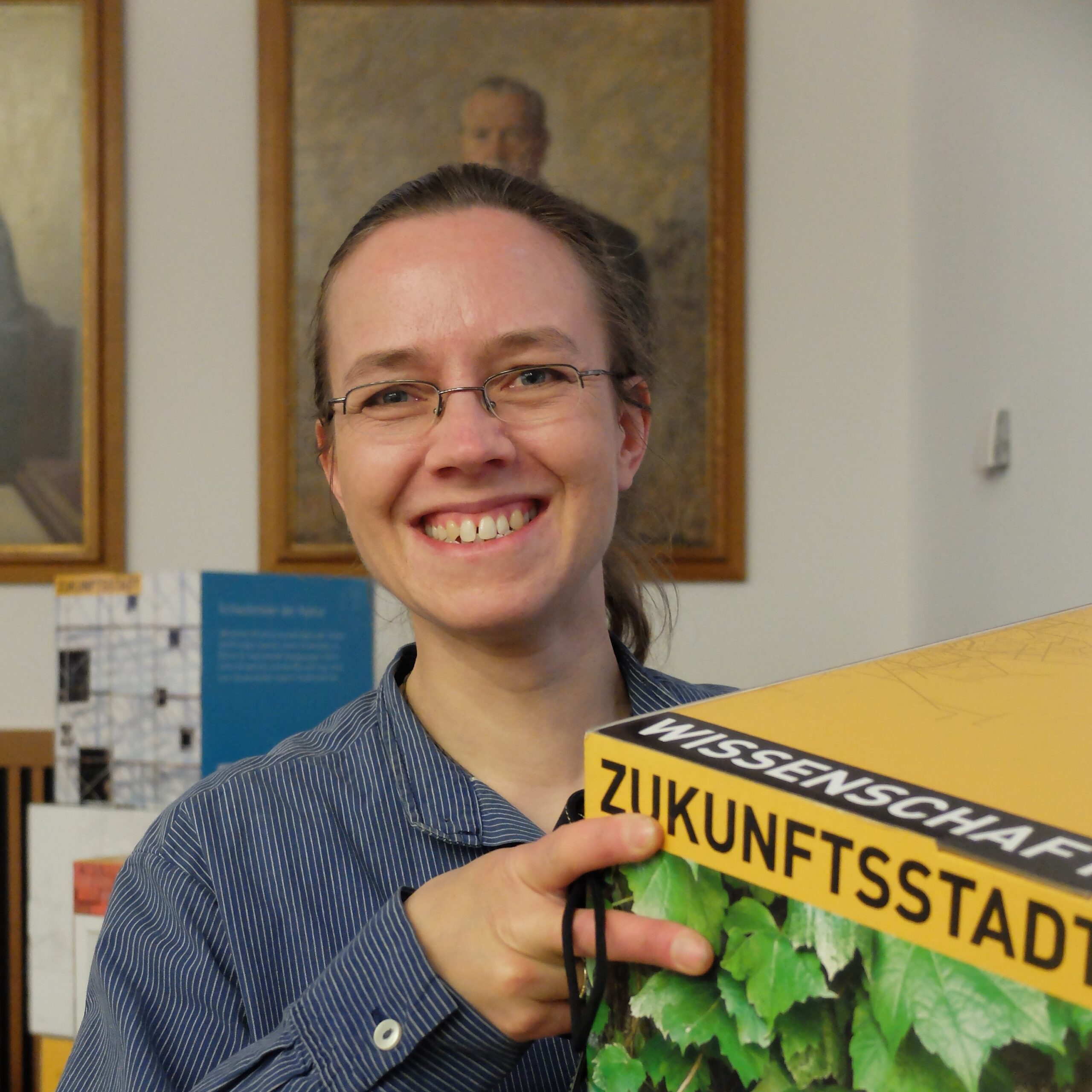 |
||
Assoc. Prof. Andres Sevtšuk
|
Prof. Tauri Tuvikene
|
PhD Pia Lamborgne
|
||
Modelling Pedestrian Activity in Cities |
Sustainable Mobility Cultures: Inspirations from Qualitative Transport Research |
Transforming mobility practices through experimentation |
||
|
Andres Sevtsuk is Head of the City Design and Development Group and the Charles and Ann Spaulding Career Development Associate Professor of Urban Science and Planning at the Department of Urban Studies and Planning, where he also leads the City Form Lab. His research focuses on public qualities of cities, and on making urban environments more walkable, sustainable and equitable, bridging the fields of urban design, spatial analytics and mobility research. Andres is the author of the Urban Network Analysis toolbox and has published 2 books. Andres has collaborated with a number of city governments, international organizations, planning practices and developers on urban designs, plans and policies in both developed and rapidly developing urban environments from across the globe. He has led various international research projects, published in planning, transportation and urban design journals, and received numerous awards for his work. He holds a PhD from the Department of Urban Studies and Planning and an SMArchs in Architecture and Urbanism from MIT. |
Tauri Tuvikene is a Professor of Urban Studies at the School of Humanities, Tallinn University. His research covers the intersection of urban cultures, mobilities, cities, and policies with a special focus on the conceptualisation of post-socialism in urban studies. He has published in various academic journals including IJURR, Geoforum, Urban Studies, Eurasian Geography and Economics and co-edited books such as Post-Socialist Urban Infrastructures (Routledge, 2019) and If Cars Could Walk: Postsocialist Streets in Transformation (Berghahn, 2023). He was a Project Leader for a HERA-funded project on public transport as public space (2019-2022, PUTSPACE) and is currently a Project Leader for the JPI Urban Europe project on integrated and inclusive regional public transport (CARIN-PT). |
Pia Laborgne is a sociologist and sustainability researcher at the Karlsruhe Transformation Center for Sustainability and Cultural Change, KIT in Karlsruhe, Germany. Her focus of work is urban transformations as well as urban climate and sustainability strategies, e.g. regarding local governance, participation, knowledge co-creation and transdisciplinary research as well as sustainable consumption. Striving to contribute to co-creating sustainability transformations, she is especially interested in exploring how we can design transdisciplinary transformative research in an inclusive, engaging and motivating way in order to empower and involve many different people, perspectives, needs and ideas. |
||
| As city governments continue to promote active mobility to reduce carbon emissions associated with the transportation sector, data and models for representing foot traffic distribution are needed. We present the first city-wide pedestrian network dataset for all of NYC and use it to construct a model of pedestrian flows between different land use pairs to describe both the distribution of specific trip types and the combined foot-traffic volumes on all segments in New York City for AM, lunch and PM peak periods. We calibrate the model with observed 2018-2019 pedestrian counts collected from over a thousand locations on weekdays and over 450 locations on weekends. Our model explains pedestrian volumes at counted locations with over 90% accuracy and extends foot traffic estimates to all pedestrian segments in the city. Estimated pedestrian volumes can inform public investments in the pedestrian realm and constitute a denominator for pedestrian-related hazard data, such as automobile crashes. | This lecture delves into the field that could be provisionally named sustainable mobility cultures. This field argues that the movement towards a sustainable mobility paradigm needs attention to cultural aspects of transport. The sustainable mobility cultures approach is conceptually inspired by the vast literature around the (not so) new (anymore) mobilities paradigm itself emanating from John Urry and Mimi Sheller’s early writings but makes a strong push towards practical and applied transport planning. The lecture builds on my previous projects, such as those centred on the practices of walking and public transport as public spaces. In the background, there is also a discussion of the position of cars in society, particularly how automobility and post-socialism have intersected. |
The lecture explores the role of experimentation in advancing sustainable mobility practices within urban environments. It will first introduce the conceptual approach of practice theory for understanding mobility practices and their interconnectedness with other fields of daily life. This approach uses social practices as a central unit of analysis, conceiving them as configurations of meanings, skills, and material objects (Shove et al. (2012)). The lecture will then focus on different forms of real-world lab experimentation in the field of mobility practices from self-experiments to temporal interventions in public space. |
||
